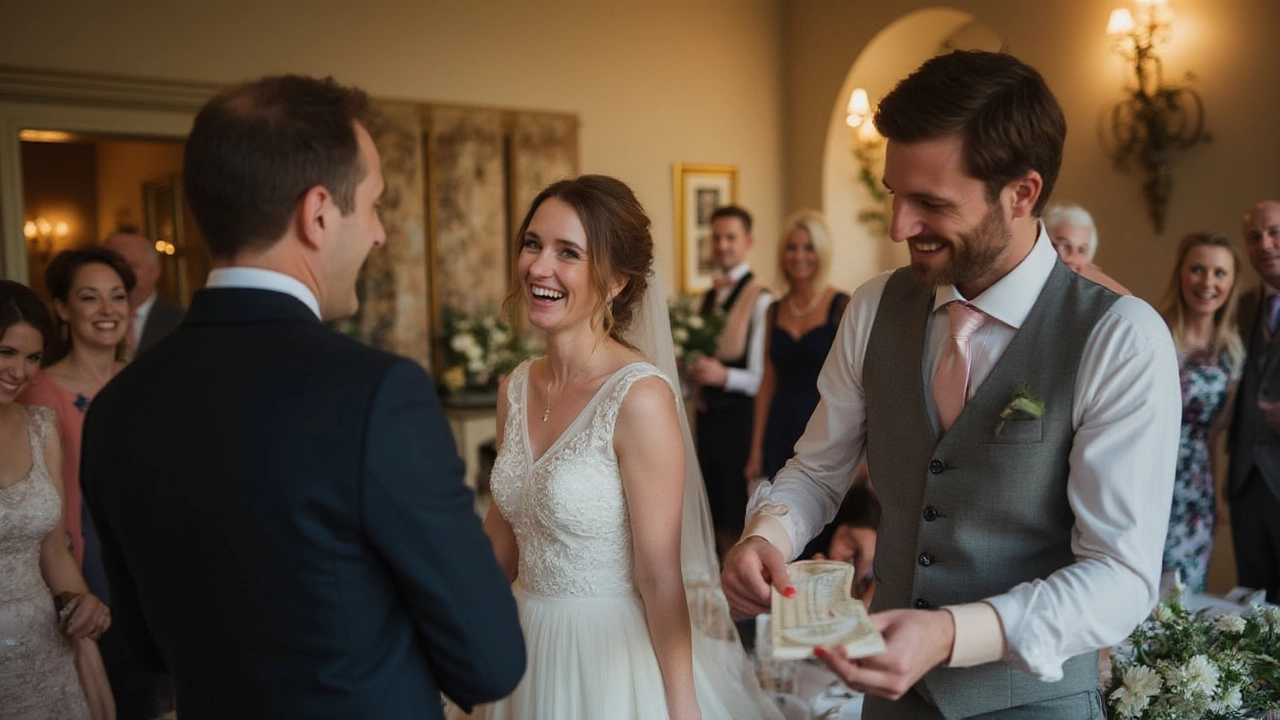Photography Pricing: What’s a Fair Price for Wedding Photos?
Choosing a wedding photographer can feel like a guessing game, especially when rates swing from a few hundred to several thousand pounds. Understanding what drives those numbers helps you avoid surprise fees and ensures you get the coverage you need.
What Determines a Photographer’s Rate
First, experience matters. A photographer who has shot dozens of weddings will charge more because they know how to handle lighting, timing, and the unexpected moments that make a day special. Second, style plays a role. Classic, photo‑journalistic, or artistic editing each requires different time and post‑production work, which shows up in the price.
Third, the package content matters. Most photographers break down their offers into hours of coverage, number of edited images, a second shooter, and add‑ons like albums or prints. A three‑hour package with a single shooter will be cheaper than a full‑day shoot with two assistants and a custom album.
Location can also shift costs. Shooting in the Cotswolds may involve travel time, accommodation, and permits, especially for outdoor venues. Some photographers add a mileage fee or a location surcharge to cover these expenses.
Finally, market demand affects rates. In peak wedding months, photographers often raise their prices because they have a full calendar. Booking early or choosing an off‑season date can snag a lower rate.
Tips to Get the Best Value
Start by setting a realistic budget. Decide how many hours of coverage you need and whether a second shooter is essential for you. Knowing your must‑haves narrows the options.
Ask for a detailed breakdown before signing a contract. A clear list of what’s included – travel, editing time, file delivery format – stops hidden costs from appearing later.
Compare portfolios, not just prices. A lower‑cost photographer who matches your style may deliver better results than a higher‑priced one whose work feels off‑brand.
Consider buying a la carte add‑ons only if you truly need them. Albums, USB drives, and extra editing are great, but they can quickly inflate the bill.
Don’t forget the deposit schedule. Most photographers require a non‑refundable deposit to lock the date; the final payment is usually due a month before the wedding. Knowing the timeline helps you plan cash flow.
If you love a photographer’s work but the price is out of reach, ask if they offer a reduced‑hour package or a “mini‑wedding” option that covers key moments only.
Read reviews and ask for references. Real couples can tell you if the photographer stayed on time, delivered images promptly, and handled any hiccups gracefully.
Lastly, trust your gut. If a photographer feels professional, communicates clearly, and seems excited about your day, you’re more likely to have a smooth experience.
By breaking down the components of photography pricing and following these practical steps, you can secure a talented photographer that fits your budget and style, leaving you free to enjoy every moment of your wedding day.
Is $50 a Good Tip for Your Wedding Photographer? Real Talk on Tipping Etiquette
Wondering if $50 is a good tip for your wedding photographer? We break down real numbers, Aussie etiquette, and pro insights so you can show your gratitude right.
Read more